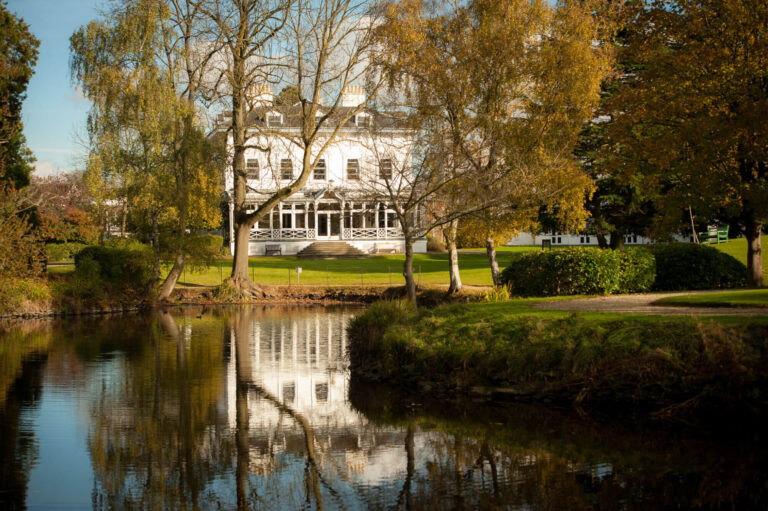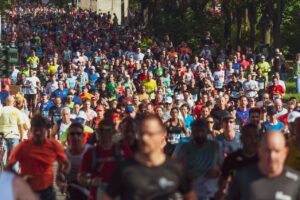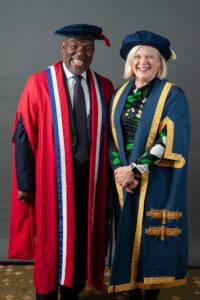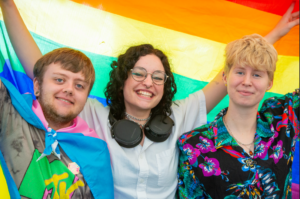| Equity & Diversity
Ramadan


Post by Helena Stone
As part of the journey to develop greater understanding of, and celebrate, different cultures within the University community, I thought I’d explore Ramadan.
I have always been aware of Ramadan but never learnt about it in any detail. So, I caught up with Atique our Muslim Chaplain is here at the University to find out more ahead of Ramadan which begins on the 12th of April 2021.
Ramadan is the 9th month of the of the Islamic calendar which is based upon the lunar calendar. For Muslims, the day begins at sunset and a new month is signalled by the sighting of a new moon. Ramadan traditionally is declared when someone who is thought of trustworthy within a community who sights the moon, announces the sighting and the beginning of Ramadan. This is followed by a call to prayer from the minaret the tower traditionally seen on a mosque. Here in Gloucestershire, it is slightly different due to a time difference between us and other countries; moon sightings are often reported and noted on social media before it is sighted here in Gloucestershire. Due to the UK not being an Islamic country, there are only certain mosques with permissions to use their minaret in the traditional way. Many mosques have found their own ways to do so. The Jamia Al Karim mosque in Gloucester has a light which is lit to declare the start of Ramadan.
Ramadan is a month of fasting, reflection and, reconnecting with faith through the Quran and daily prayer up to five times a day. During Ramadan adult Muslims do not consume food or water during daylight hours. Just before dawn they have a meal called Suhur and they break their fast after sunset with a meal called Iftar. If a person’s health means they may be put at risk by fasting, for example if they have diabetes, they are excused from doing so. Children, the elderly and those who are travelling are also excused. However, there is more to Ramadan than fasting from food, Muslims also refrain from consuming tobacco, sexual relations and sinful behaviour. Many Muslims may also stop other distractions such as refraining from using social media.
The end of Ramadan is marked by the celebration of Eid ul-Fitr, the celebration of breaking the fast. Traditionally friends and family will come together to celebrate, and the children receive gifts, they also take time to thank Allah for giving them strength during the month.
To finish this piece, I’d like to share a poem written by Atique about Ramadan.
Ramadan (20/07/2012)
Ramadan after Ramadan we welcome each year
So what meaning does it hold for you my dear?
For those most fortunate it’s a time for sharing
But for those with less do we have time for caring?
A time for togetherness and a time for affection
With sincerest intentions, a time for reflection
A time for Breakfasts with family and friends
A time for quarrels to come to an end
Our lips are parched and our throats are dry
For a sip of cold water our mouths do cry
A time to be wary of what passes our lips
How the mouth does water at the smell of chips!
We must watch what we eat and watch what we say
A lesson for life each night and each day
Let us not waste these precious few days
For the rest of the year let’s now change our ways
Allah Knows that we want and He Knows that we can
Only He Knows for whom, is the next Ramadan
Ramadan after Ramadan we welcome each year
So what meaning does it hold for you my dear?



